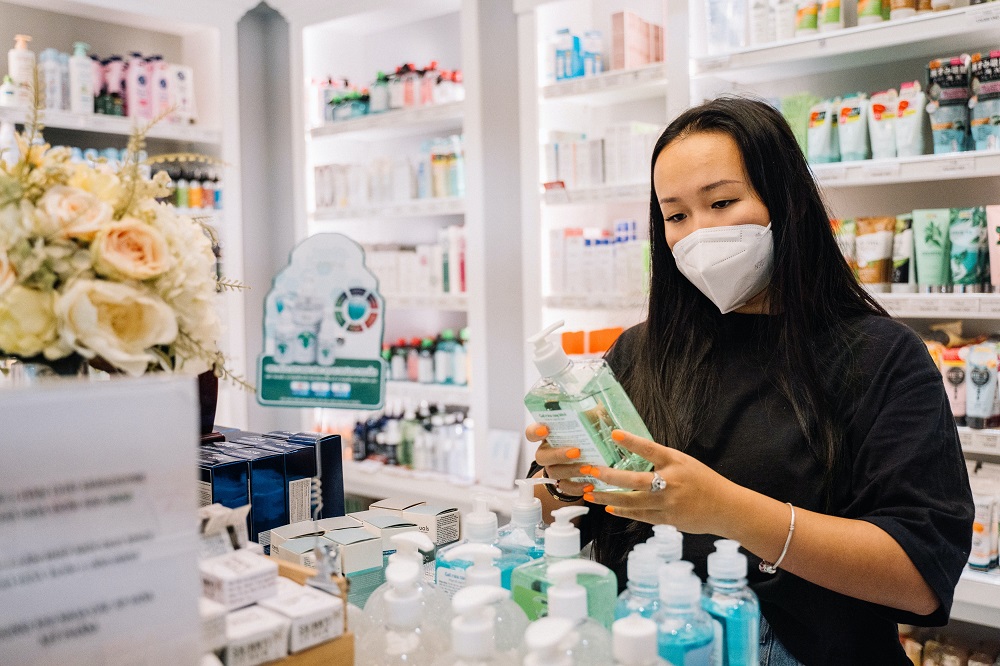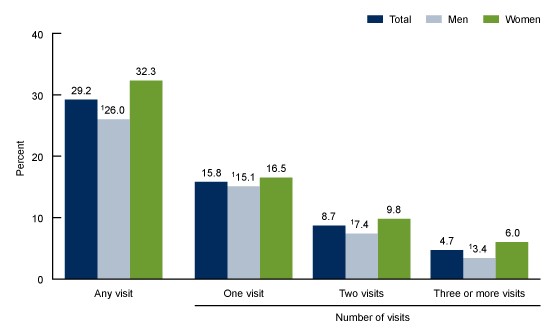
Over the past two years, retail health has been a hot topic of conversation. Some see retail health as a threat, some see it as the natural evolution of healthcare, and some see it as an innovative disruptor. We may not know who is right for a decade or more, but there is no doubt that retail health is having an immediate impact. But is that impact good? That’s what we’re going to discuss on the next HCLDR tweetchat.
Retail Health Defined
Retail Clinics are located within larger retail stores and provide healthcare services to patients. Normally, these clinics provide a limited number of services compared to a regular primary care doctor’s office. For example, CVS’s Minute Clinic provides the following services:
- Treatment for minor illnesses, injuries and skin conditions
- Screenings and monitoring
- Vaccinations
- Travel health
- Wellness and physicals
- Women’s health
The draw of these clinics is their convenience. They are usually open in the evenings and on weekends which makes it easier for those who work and for parents.
Some clinics have a physician on staff, some only have a physician available on certain days, and others have only nurse practitioners. Almost every clinic offers services at a fixed price that is posted clearly. Patients always know what they will be paying so they can factor that into their care decision.
Retail Health is a more general term (and a more loosely defined one) that is used to describe forms of healthcare provided by a retailer or in a retail-like setting. For example, CVS, Walmart, Amazon, and Walgreens are retailers who offer clinical services. Some large physician groups have entered the retail health space by opening smaller clinics in shopping malls and offering limited services.
Who is Using Retail Health
In 2021, the National Center of Health Statistics published the results of a survey on the utilization of urgent care centers and retail care clinics. They found:
- In 2019, 32.3% of women and 26.0% of men had one or more visits to an urgent care center or retail health clinic in the past 12 months
- Urgent care center or retail health clinic utilization increased with increasing education level
- Younger men and women were more likely to use urgent care centers or retail health clinics

It will be interesting to see what the utilization will be for 2022. Will retail clinics emerge even stronger post-pandemic? Or will they show a decline now that physician offices can offer many of the same services via telehealth?
Hidden Impact
There is no doubt that retail clinics fill an unmet need in healthcare. If they didn’t, there wouldn’t be so many of them. They are convenient and cost-effective. They offer price transparency which is absent from many traditional clinics.
Retail health is having an impact across the healthcare industry. For some the success of retail clinics is a wake-up call and they are seizing the opportunity to invest in technology, people, and processes that offer patients more consumer-like experiences. For others, retail clinics represent all that is wrong in healthcare – a cash-grab by retailers who are using cheap healthcare services to draw in customers to their retail locations.
What I find most intriguing about retail health is its hidden impact on the segregation of patients. Retail clinics attract those who are relatively healthy who just want to have a routine physical or screening. Those with chronic conditions cannot be helped at a retail clinic and must go to a traditional physician practice or hospital for care. Over time, will this mean that relatively health individuals seek care at retail clinics? Will that mean traditional healthcare will only serve those who with more severe conditions and illnesses?
If this is the case, then what happens to the finances of those traditional healthcare providers? Will they have to charge more for their specialized services? Or will that make them more efficient since they will be able to reduce costs and focus only on the areas where they are needed?
I’m curious to hear from the HCLDR community about retail health. Join me Tuesday September 27th at 8:30pm ET (for your local time click here) for the weekly #hcldr tweetchat when we will be discussing the following questions:
- Q1 Do you believe that retail health benefits patients? If so how? If not, why not?
- Q2 Is retail health a fad, a failure, or the future of healthcare? Why?
- Q3 What should traditional healthcare providers borrow and adapt from retail health?
- Q4 Which retailer do you believe will succeed in healthcare and why?
References
Black, Lindsey and Adjaye-Gbewonyo, Dzifa. “Urgent Care Center and Retail Health Clinic Utilization Among Adults: United States, 2019”, HCHS Data Brief, June 2021, https://www.cdc.gov/nchs/products/databriefs/db409.htm, accessed 25 September 2022
Shoulberg, Warren. “Walmart, Amazon And Even Dollar General See Health Care As Next Retail Battleground”, Forbes, 11 July 2021, https://www.forbes.com/sites/warrenshoulberg/2021/07/11/walmart-amazon-and-even-dollar-general-see-health-care-as-next-retail-battleground/, accessed 25 September 2022
Godman, Heidi. “Retail health clinics: The pros and cons”, Harvard Health Publishing, 15 January 2016, https://www.health.harvard.edu/blog/retail-health-clinics-the-pros-and-cons-201601158979, accessed 25 September 2022
Weinick, Robin M., et al. “Policy Implications of the Use of Retail Clinics”, Rand Health Quarterly, 2011, https://www.rand.org/pubs/periodicals/health-quarterly/issues/v1/n3/09.html, accessed 25 September 2022
Torrence, Rebecca. “2022 forecast: Competition in retail healthcare will heat up. Here’s what to expect from Amazon, CVS and Walgreens”, Fierce Healthcare, 22 December 2022, https://www.fiercehealthcare.com/practices/5-predictions-for-retail-healthcare-industry-2022, accessed 25 September 2022
Image Credit
Photo by Anna Tarazevich: https://www.pexels.com/photo/woman-in-black-shirt-holding-a-hand-sanitizer-bottle-5910956/